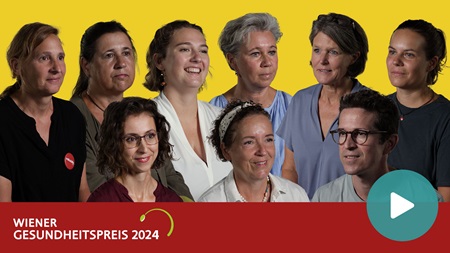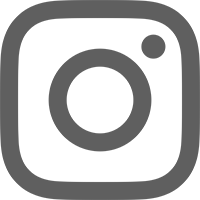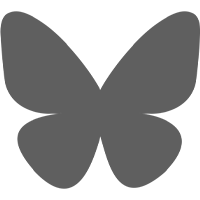Alexandra Münch-Beurle: The Office for Women's Health and Health Goals is responsible for the implementation of the Vienna Program for Women's Health and also for the coordination of the health goals process of the City of Vienna. We wanted to reach those people who are responsible for how working conditions in companies and organizations are designed. And also those people who go into companies and advise companies regarding work design. And there, the path of a curriculum as a multiplier approach seemed very suitable to us. The implementation of the project took place in cooperation with the Women's Health Center FEM Süd – Magistra Karin Korn, in particular, worked intensively on this – and the management consultant Magistra Birgit Pichler. Later, Dr. Irene Kloimüller, an expert in occupational health management, joined the project team. We were able to recruit three pilot companies who let us try out our curriculum. These were the Vienna Social Fund, the Workers' Samaritan Federation Vienna, and the Simacek Facility Management Group. One insight that quickly emerged for us was that women's empowerment in general in a company cannot be separated from women's health promotion in a company. That these topics are very closely intertwined. We are currently busy pouring all these experiences and expertise that we have gathered within the project into a handbook, to also make this content accessible to the public.
Gabriele Graumann:We have 30 locations in Vienna, 150 senior citizens' clubs. Taken together, we are as big as Eisenstadt. And what do we deal with? With self-determined living spaces for our residents and club visitors and self-determined and self-determined working environments for our employees. Our project is essentially "targeted talking" with the aim to empower people, to enable them, and of course, to raise awareness. Essentially, it's about employees from the Diversity and Health Management team – that's a separate department in our Kuratorium – have fanned out and conducted so-called "Ask and Go" rounds with the goal of addressing conflict situations, addressing them with the managers. For the employees, the goal was, the goal was to empower them and to say that those stress factors that arise from being treated badly, from being discriminated against, from not being able to express one's burdens, that the company actually provides a series of measures and is genuinely interested in our employees doing well. And then there was also a small focus group for the apprentices, to empower them, to strengthen them to say no, to strengthen them to say, "I don't want that, I can't do that, I don't accept that." We will definitely incorporate this method of low-threshold information and low-threshold engagement into our "normal operations."
Hilde Wolf: Our sponsoring association is called "Institute for Women's and Men's Health," and besides FEM Süd, there's also the Women's Health Center FEM and the Men's Health Center MEN. The "Durchblickerin" project emerged from a pilot project that also focused on health literacy. For this, it was important to have support from our cooperation partners. In this case, it was the Vienna Regional Health Insurance Fund, who agreed to continue this pilot project, which was originally funded by the Healthy Austria Fund, the Vienna Regional Health Insurance Fund, and Vienna Health Promotion. And the further development with "Durchblickerin" was, we originally had women as a target group – we now also include men. So women and men with and without a history of migration are the target group of the project. Also, members of the health and social professions. Because it's very important to us to not understand health literacy as a one-way street, but we know that we need to strengthen individual health literacy here. But we also need to familiarize doctors, nurses, and other psychosocial professional groups with the topic. The encouraging thing is that these courses are very, very well received by all target groups, that the cooperating institutions are also very convinced of the project and see its benefits, and actually the wish is that we can establish this offer as a regular and ongoing service.
Karin Kaiblinger: We specialize in advising catering facilities.
Rosemarie Zehetgruber: It turned out that a focus of our work became educational catering. Kindergartens, schools – and part of catering is also drinking. And that's how we came to water drinking. You know that about 40% of sugar consumption in children comes from beverages. And that's why we came up with the idea of simply drinking water in schools, in the pedagogical setting.
Karin Kaiblinger: At the beginning, there were also students who had never drunk water before, and we always hear from teachers: "I have individual children, or whose parents tell me, 'my child doesn't drink water.'" So they are just used to always drinking sugary drinks. But in a group, it's just much easier.
Rosemarie Zehetgruber: The project was funded by the Healthy Austria Fund, Vienna Health Promotion, Vienna Water is involved as a financier, and the Education Directorate supports it at all administrative levels. The school decides: we're becoming a water school. Parents are informed that they no longer need to send drinks from home. Students are equipped with a water bottle. Posters where you write down the drinking rituals for the class. There is a lot of support material for teachers, which is also very gladly accepted. A drinking culture will then be established at the school; water is simply drunk.
Karin Kaiblinger: The acceptance of the teachers was also particularly high. Probably also because it's hardly any effort.











